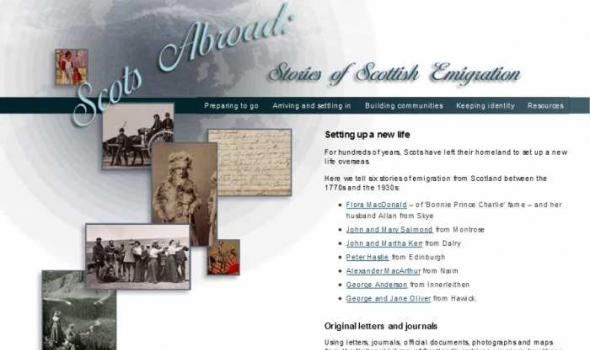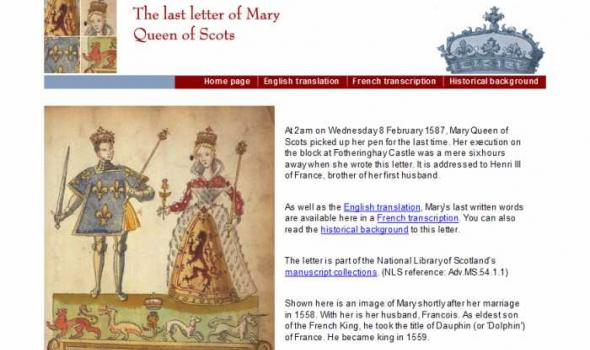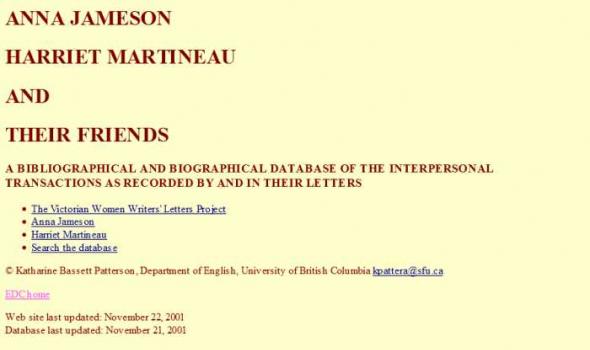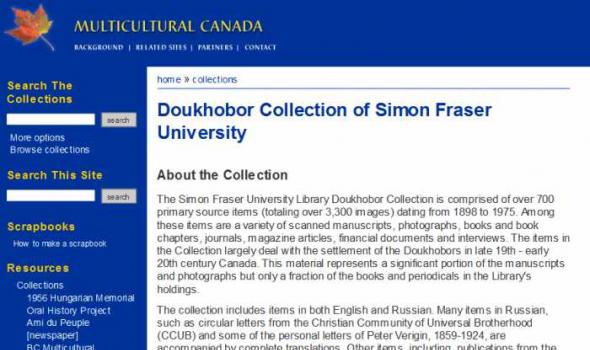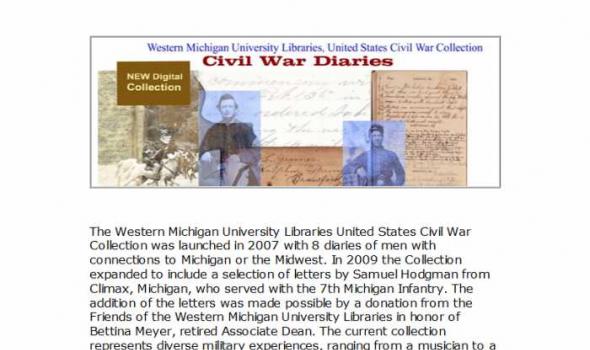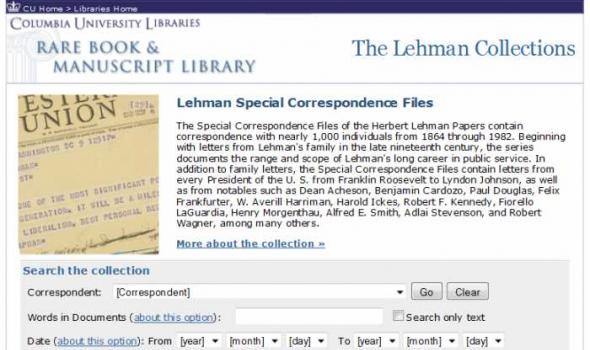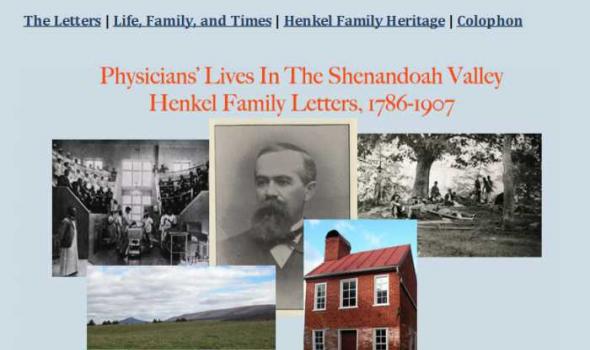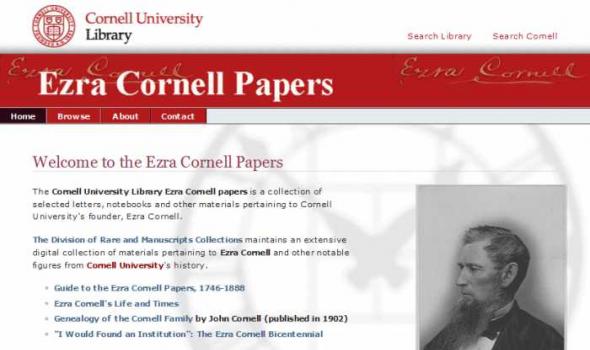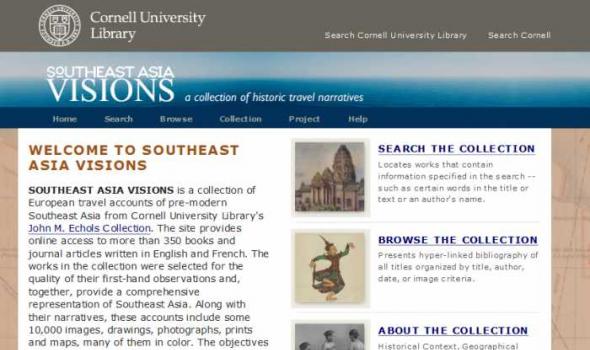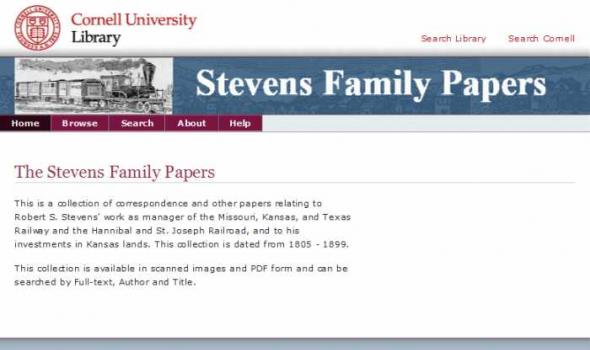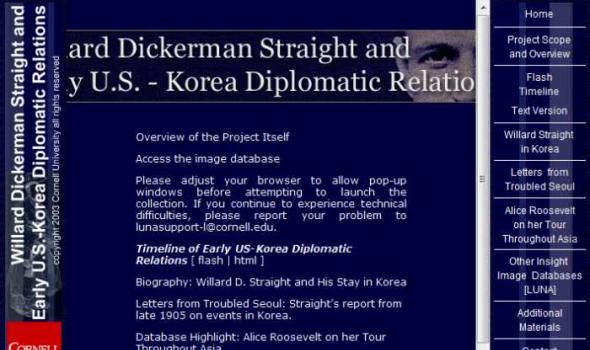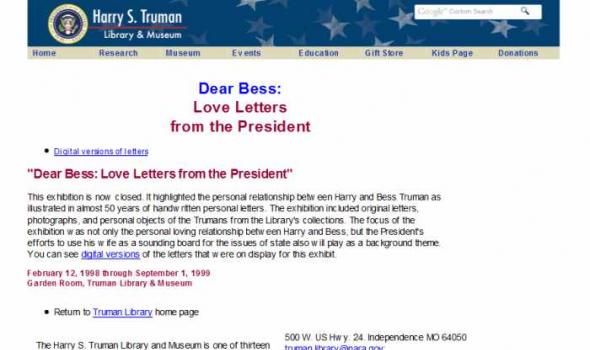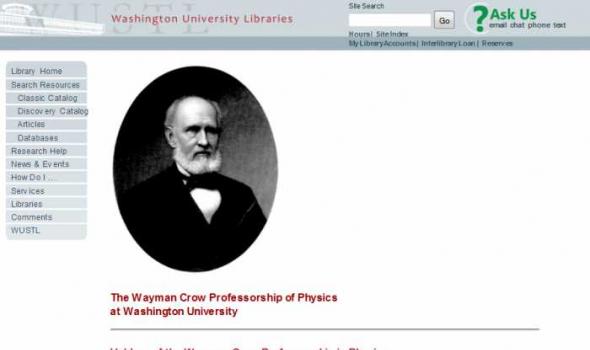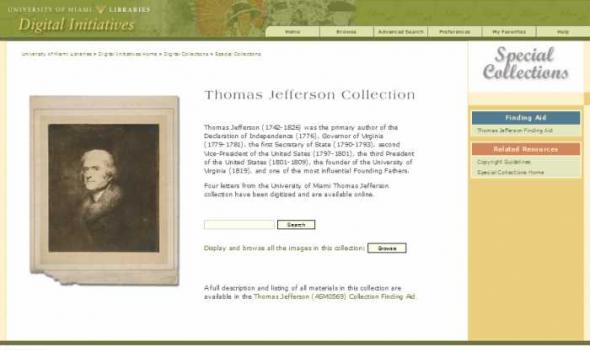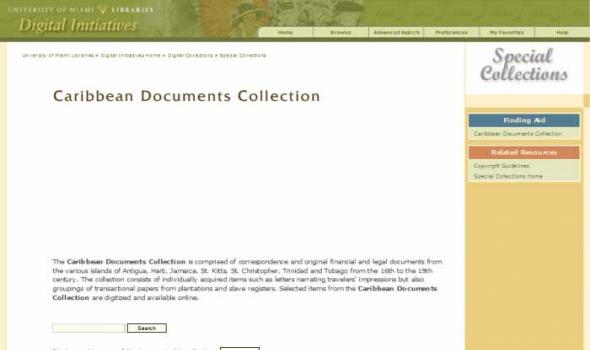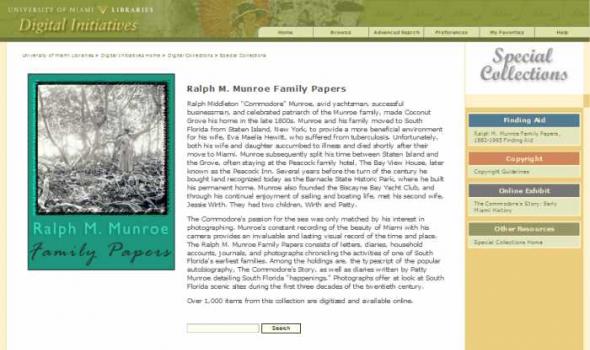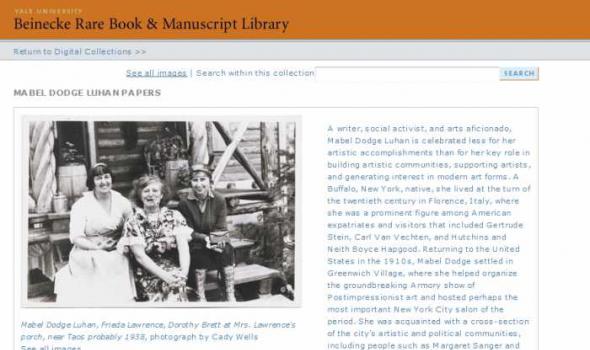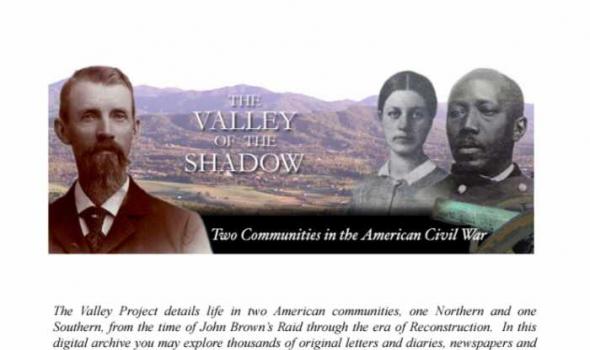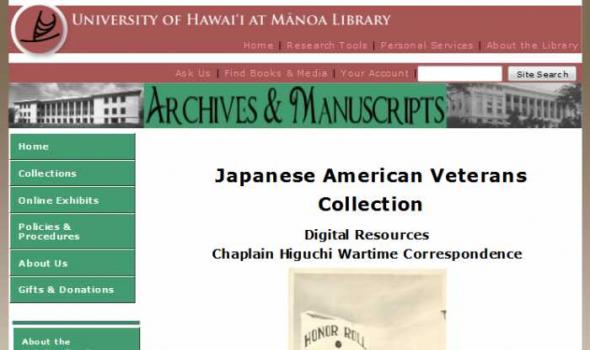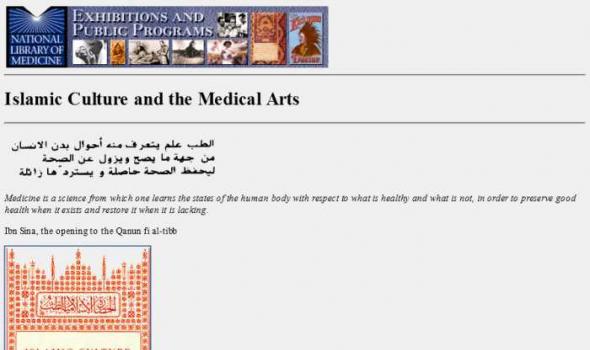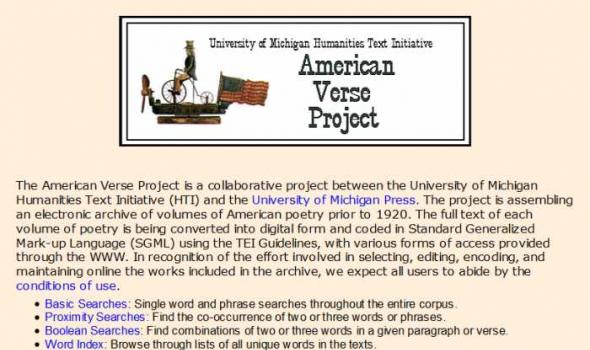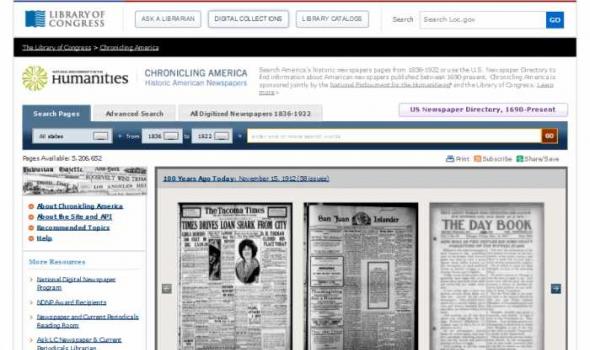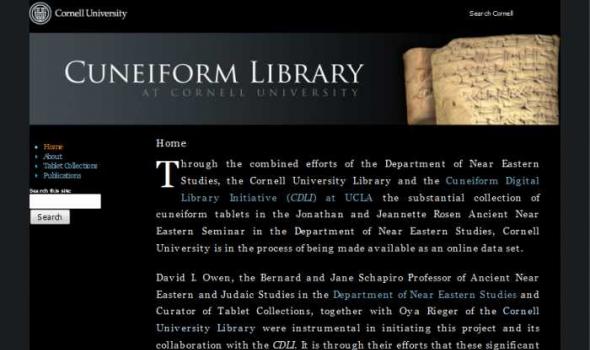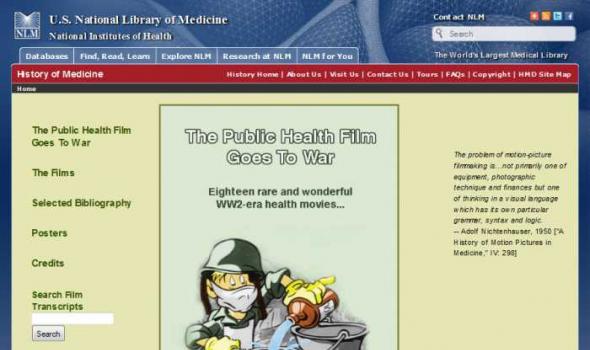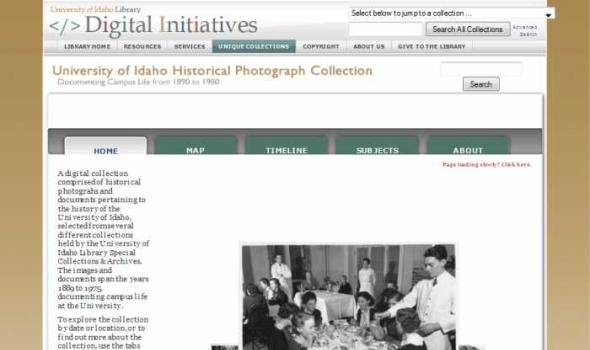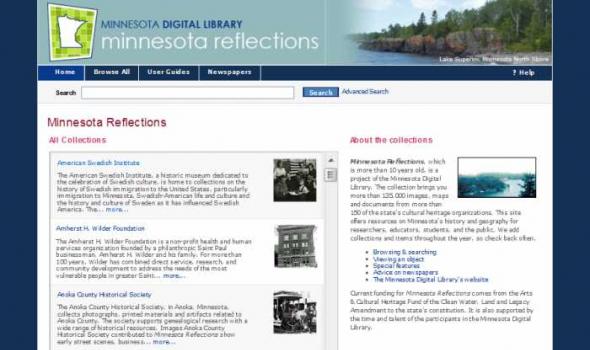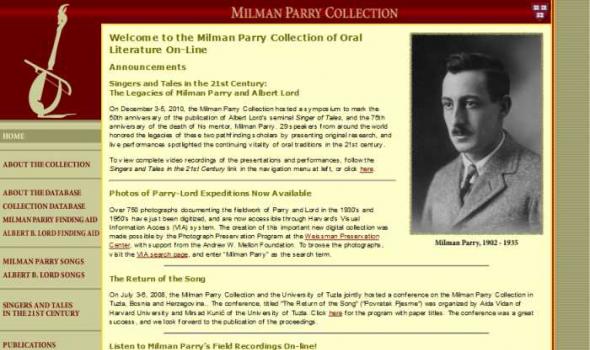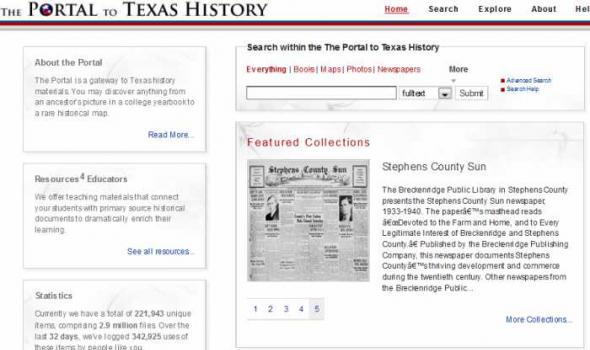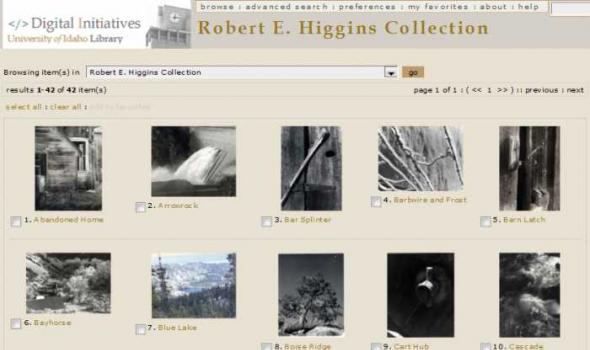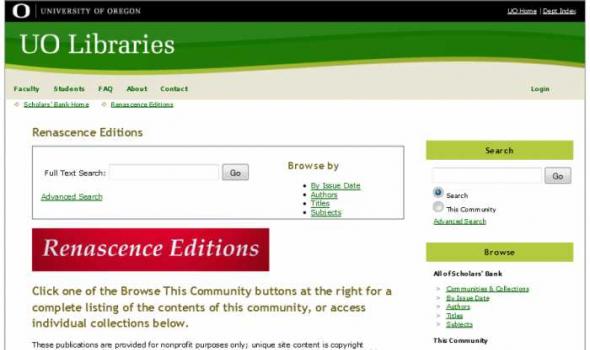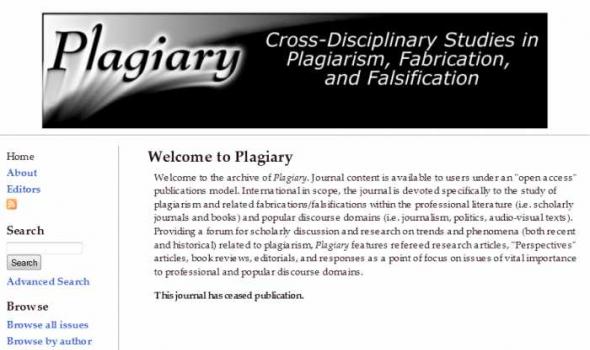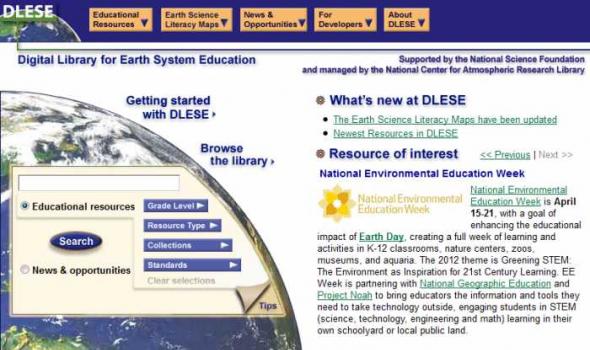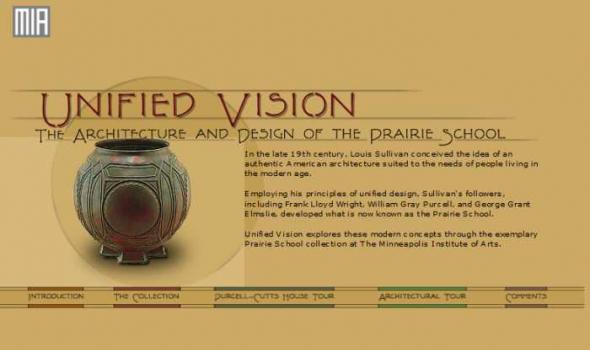Letters
For hundreds of years, Scots have left their homeland to set up a new life overseas.
Here we tell six stories of emigration from Scotland between the 1770s and the 1930s:
* Flora MacDonald – of 'Bonnie Prince Charlie' fame – and her husband Allan from Skye
* John and Mary Salmond from Montrose
* John and Martha Kerr from Dalry
* Peter Hastie from Edinburgh
* Alexander MacArthur from Nairn
* George Anderson from Innerleithen
* George and Jane Oliver from Hawick.
Original letters and journals
Using letters, journals, official documents, photographs and maps from the National Library of Scotland's archives, we piece together a picture of Scots abroad.
Early documents relating to events of the past make essential - and fascinating - reading for anyone interested in Scottish history. But these primary sources are often not readily accessible.
Fortunately, many of these rare documents have been published by historical clubs and societies, and are available at the National Library of Scotland.
Experience the First World War through the eyes of three very different people who took part in it. Click on the character whose story you want to follow. Click 'For Schools' for educational material designed for use in Scottish schools.
General Douglas Haig (later Field Marshal Earl Haig) was British Commander in Chief for the greater part of the First World War. Follow his war through his diaries, letters, and photos by clicking on his photograph.
Nurse Mairi Chisholm knew more about the war and its horrors than most women. You can follow her wartime experiences by clicking on the photograph.
At 2am on Wednesday 8 February 1587, Mary Queen of Scots picked up her pen for the last time. Her execution on the block at Fotheringhay Castle was a mere six hours away when she wrote this letter. It is addressed to Henri III of France, brother of her first husband.
As well as the English translation, Mary's last written words are available here in a French transcription. You can also read the historical background to this letter.
The letter is part of the National Library of Scotland's manuscript collections. (NLS reference: Adv.MS.54.1.1)
Shown here is an image of Mary shortly after her marriage in 1558. With her is her husband, Francois. As eldest son of the French King, he took the title of Dauphin (or 'Dolphin') of France. He became king in 1559.
The Kirk Papers is a collection of photographs and papers belonging to East Africa pioneer Sir John Kirk. It was acquired for the National Library of Scotland in 1998/1999 with the help of a grant of £55,000 from the Heritage Lottery Fund.
Though not as well-known as his friend and fellow-explorer David Livingstone, Kirk was a trail-blazer of empire in East Africa and a man of eminence in his day. Born in Barry, Angus, in 1832, Kirk qualified in medicine at Edinburgh University and then volunteered for medical service in the Crimea. An accomplished botanist, zoologist and diplomat, he was also a talented photographer. This is evident from the collection of over 250 photographs, many of them stunning.
The aim of the VICTORIAN WOMEN WRITERS' LETTERS PROJECT is to make available through electronic publication the correspondences of early to mid-Victorian British women writers in a form that attempts to capture the multiplexity of epistolary communication.
Doukhobor Collection of Simon Fraser University About the Collection The Simon Fraser University Library Doukhobor Collection is comprised of over 700 primary source items (totaling over 3,300 images) dating from 1898 to 1975. Among these items are a variety of scanned manuscripts, photographs, books and book chapters, journals, magazine articles, financial documents and interviews. The items in the Collection largely deal with the settlement of the Doukhobors in late 19th - early 20th century Canada. This material represents a significant portion of the manuscripts and photographs but only a fraction of the books and periodicals in the Library's holdings. The collection includes items in both English and Russian.
The Western Michigan University Libraries United States Civil War Collection was launched in 2007 with 8 diaries of men with connections to Michigan or the Midwest. In 2009 the Collection expanded to include a selection of letters by Samuel Hodgman from Climax, Michigan, who served with the 7th Michigan Infantry. The addition of the letters was made possible by a donation from the Friends of the Western Michigan University Libraries in honor of Bettina Meyer, retired Associate Dean. The current collection represents diverse military experiences, ranging from a musician to a prisoner of war. The handwritten originals have full transcriptions that are searchable with subjects.
About About the Lehman Special Correspondence Files The Columbia University Libraries has scanned and made available here electronically the Special Correspondence Files of Herbert Lehman. More than 37,000 documents are included. Typed documents have also been OCRed, permitting full-text searching. The Special Correspondence Files of the Herbert Lehman Papers contain correspondence with nearly 1,000 individuals from 1895 through 1963. Beginning with letters from Lehman's family in the late nineteenth century, the series documents the range and scope of Lehman's long career in public service. Lehman started the series in an attempt to isolate materials he wanted for his own personal use.
History of Medicine The Letters | Life, Family, and Times | Henkel Family Heritage | Colophon , , , , U.S. National Library of Medicine, 8600 Rockville Pike, Bethesda, MD 20894 , Last reviewed: 26 July 2011 Last updated: 26 July 2011 First published: 14 June 2010 | : Permanent: Dynamic Content
About the Ezra Cornell Papers Preface Ezra Cornell referred to himself as a farmer and mechanic who had spent some time working in the telegraph industry. His ambition and imagination, however, were not so prosaic. Skillful work, uncommon tenacity, and fortuitous circumstances resulted in his amassing a fortune. As soon as it became clear that it was a fortune, he promptly rejected conventional practice and sage advice, and directed that those riches be used to found a unique university: a comprehensive and practical institution dedicated to all forms of intellectual endeavor.
Historical Context The Visions collection includes the written and photographed experiences of Europeans and Americans who traveled to Southeast Asia during the period of imperialism. The peoples of Southeast Asia experienced waves of colonization beginning in 1511 when the Portuguese took Melaka, a strategic and thriving port city on the Malay Peninsula. The Spanish established a colony in the Philippines which they ruled from the 1560s until 1899 when the United States ousted the Spanish and governed the colony until Philippine independence in 1946. The Dutch gradually conquered the areas known today as Indonesia beginning in 1596 and ending after WWII.
About the Stevens Family Papers This is a collection of correspondence and other papers relating to Robert S. Stevens' work as manager of the Missouri, Kansas, and Texas Railway and the Hannibal and St. Joseph Railroad, and to his investments in Kansas lands. This collection is dated from 1805 - 1899. For more information, go to the Guide to the Stevens Family Papers . For additional information about Cornell University Library's Archival Guides, go to the Guides for Archival and Manuscript Collections . For reference questions, please complete our reference form . For feedback about this website, contact rmcweb@cornell.edu .
As an avid, well-trained photographer, sketcher and recorder, Straight took about 380 photographs and painted a very small number of sketches during his two spells in Korea in 1904 and 1905. Our aim has been to identify and select about two hundred of these and incorporate these materials into a project which amounts to a visual and contextual narrative of Korea at a most critical juncture in its more recent, modern history. The photographs document landscapes, urban scenes, people (both common, notable or noble ones), and, most interestingly, record numerous important events.
Dear Bess: Love Letters from the President "Dear Bess: Love Letters from the President" February 12, 1998 through September 1, 1999 Garden Room, Truman Library & Museum The Harry S. Truman Library and Museum is one of thirteen Presidential Libraries administered by the National Archives and Records Administration . 500 W. US Hwy. 24. Independence MO 64050 truman.library@nara.gov ; Phone: 816-268-8200 or 1-800-833-1225; Fax: 816-268-8295.
National Archives and Records Administraton Eyewitness American Originals from the National Archives Introduction Out of the stacks and vaults of the National Archives comes this selection of eyewitness accounts. They are vivid and intensely personal, transporting us to a deeper understanding of the events described.
About Wayman Crow The youngest in a family of twelve children, Wayman Crow was born in Hartford, Kentucky, on March 7, 1808. Crow first entered the dry goods business in 1820, when he began a five-year apprenticeship in a general dry goods store in Kentucky. By 1828, he was operating his own dry goods store, and he moved to St. Louis in 1835. In partnership with his cousin, Joshua Tevis of Philadelphia, he established the wholesale dry goods house of Crow & Tevis. In later years, the business would be known as Crow, McCreery & Company Crow, Hargadine & Company, and Hargadine-McKittrick Dry Goods Company. In 1840, Crow was elected to the Missouri state senate, on the Whig ticket. He was elected to a second term in the senate in 1850.
Marking 100 years since H.H. Asquith became Prime Minister 100 years ago H.H. Asquith (1852-1928) became Prime Minister. In continuous office for over eight years from 1908 to 1916, he was at the helm of a government which re-modelled the British political landscape and introduced innovatory social measures. The introduction of old age pensions, national insurance, and employment exchanges, and the reform of the House of Lords, are among the developments chronicled in Asquith's papers and those of his political colleagues held at the Bodleian . Long standing issues such as Irish home rule and women's suffrage also had to be addressed.
Thomas Jefferson (1742-1826) was the primary author of the Declaration of Independence (1776), Governor of Virginia (1779-1781), the first Secretary of State (1790-1793), second Vice-President of the United Sates (1797-1801), the third President of the United States (1801-1809), the founder of the University of Virginia (1819), and one of the most influential Founding Fathers. Four letters from the University of Miami Thomas Jefferson collection have been digitized and are available online. A full description and listing of all materials in this collection are available in the Thomas Jefferson (ASM0569) Collection Finding Aid
The Caribbean Documents Collection is comprised of correspondence and original financial and legal documents from the various islands of Antigua, Haiti, Jamaica, St. Kitts, St. Christopher, Trinidad and Tobago from the 16th to the 19th century. The collection consists of individually acquired items such as letters narrating travelers' impressions but also groupings of transactional papers from plantations and slave registers. Selected items from the Caribbean Documents Collection are digitized and available online.
Ralph M. Munroe Family Papers Ralph Middleton "Commodore" Munroe, avid yachtsman, successful businessman, and celebrated patriarch of the Munroe family, made Coconut Grove his home in the late 1800s. Munroe and his family moved to South Florida from Staten Island, New York, to provide a more beneficial environment for his wife, Eva Maelia Hewitt, who suffered from tuberculosis. Unfortunately, both his wife and daughter succumbed to illness and died shortly after their move to Miami. Munroe subsequently split his time between Staten Island and the Grove, often staying at the Peacock family hotel, The Bay View House, later known as the Peacock Inn.
1 July 1944 Richard Wright (1908-1960) is perhaps best known for his critically-acclaimed collection Uncle Tom’s Children: Four Novellas (1938), his groundbreaking novel Native Son (1940) and his autobiography, first published as Black Boy: A Record of Childhood and Youth (1945). Black Boy was the on the bestseller list from April 29 to June 6 of that year, despite being denounced as obscene in the U.S. Senate by Democrat Theodore Bilbo of Mississippi, and it solidified Wright’s reputation, at the time, as the most famous black author in America.
A writer, social activist, and arts aficionado, Mabel Dodge Luhan is celebrated less for her artistic accomplishments than for her key role in building artistic communities, supporting artists, and generating interest in modern art forms. A Buffalo, New York, native, she lived at the turn of the twentieth century in Florence, Italy, where she was a prominent figure among American expatriates and visitors that included Gertrude Stein, Carl Van Vechten, and Hutchins and Neith Boyce Hapgood. Returning to the United States in the 1910s, Mabel Dodge settled in Greenwich Village, where she helped organize the groundbreaking Armory show of Postimpressionist art and hosted perhaps the most important New York City salon of the period.
The Valley Project details life in two American communities, one Northern and one Southern, from the time of John Brown's Raid through the era of reconstruction. In this digital archive you may explore thousands of original letters and diaries, newspapers and speeches, census and church records, left by men and women in Augusta County, Virginia, and Franklin County, Pennsylvania. Giving voice to hundreds of individual people, the Valley Project tells forgotten stories of life during the era of the civil war.
Japanese American Veterans Collection Chaplain Higuchi Wartime Correspondence During World War II, Hiro Higuchi of Hawaii volunteered to serve as one of two chaplains attached to the 442nd Regimental Combat Team, an all-Japanese American unit formed in January 1943. Following his enlistment, Higuchi attended the U.S. Army Chaplain School at Harvard University in the fall of 1943. In November 1943, he joined the soldiers of the 442nd RCT for intensive training at Camp Shelby, Mississippi. In June 1944, Higuchi accompanied the 442nd RCT to Europe, where he served with the unit in Italy and France. Chaplain Hiro Higuchi returned home to Hawaii in December 1945.
